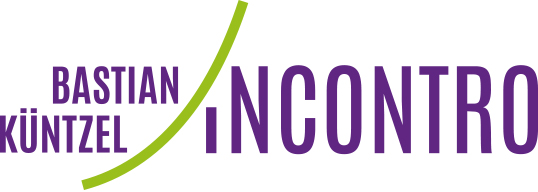When I was in school, I was asked a whole lot of questions. I never really liked that. I didn't like it because the questions where not really about me, or what I think. They were about what other people had thought, written or said. These were testing questions, checking if I remembered what I was told or already know what I'm going to be told.
When I ran a Training for Trainers recently, I came across such questions again: I had asked some of the participants to prepare short training modules on different topics and run them during the training as a 'training laboratory'. They were, on the one hand, meant to actually teach the group something relevant about Training. But, on the other hand, we also looked at each module later to reflect on what had worked well, and what didn't. One participant started her module the way many training sessions start. She stood at a flip-chart and asked us what we know about the topic at hand. Everybody said something, but I had the feeling that she already knew what she wanted to hear. So I said nothing.
Later, during the reflection round, I shared, what has become a principle of mine for trainings:
Never ask a question to which you already know the answer.
When I know something and I want everyone else to know it, too, I say it. But I also ask many questions during the trainings I run. What do you think about this? What is your experience with this? What is your opinion on this? Can you think of a story that illustrates this? Etc.
If you ask questions, to which you already know the answer, participants can either be wrong or confirm what you think. Neither way do they create value for themselves or others.
If you ask questions, to which you don't know the answer, you enter into a dialogue and you and the participants create the knowledge together that everyone can learn from. I prefer that.

